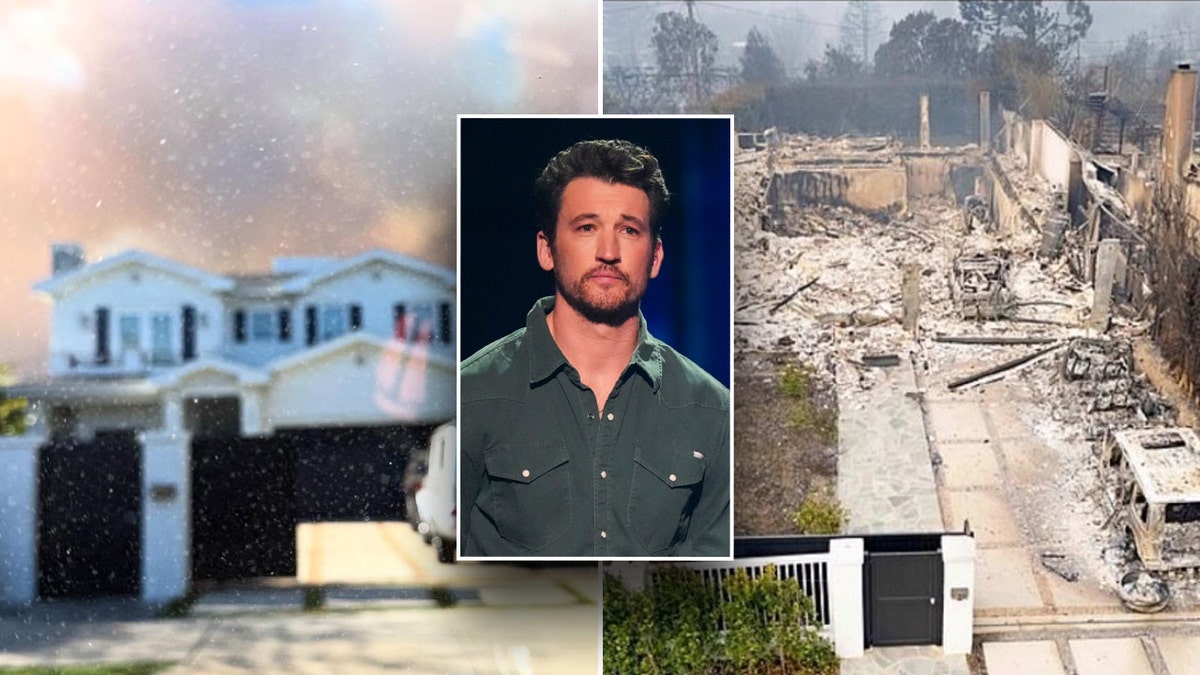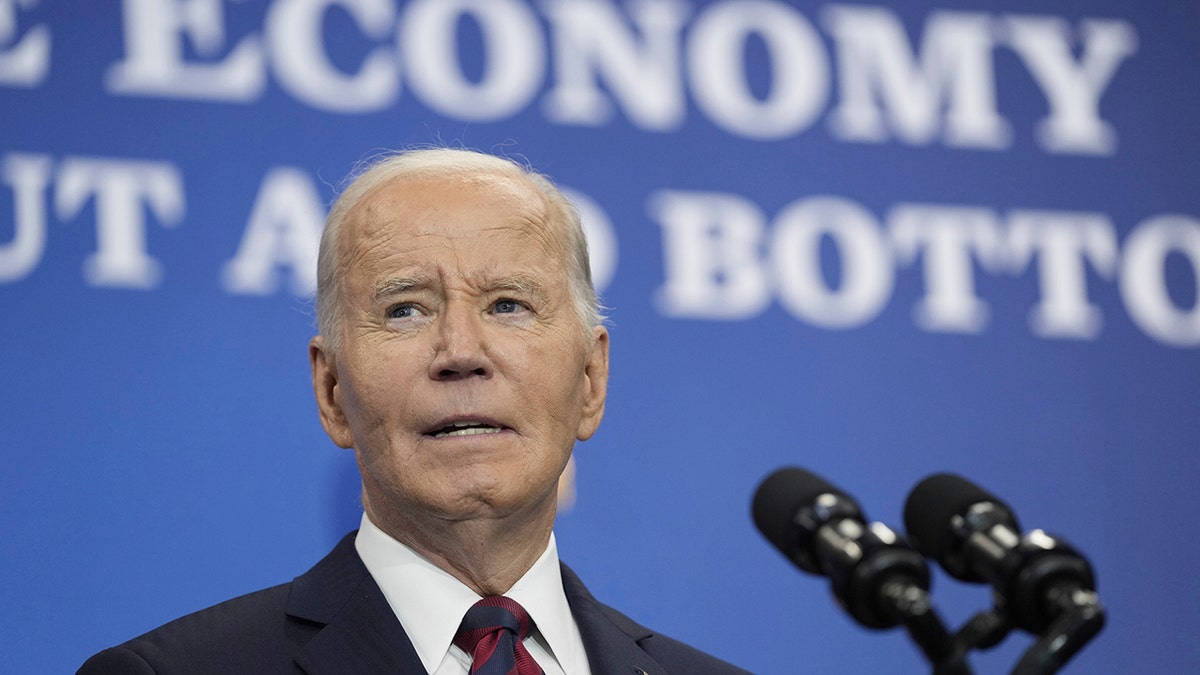Recent guidance from the New York State Education Department (NYSED) on supporting transgender and gender-expansive students has ignited controversy, particularly regarding the potential withholding of a student's gender transition from their parents. The 42-page document, "Creating a Safe, Supportive, and Affirming School Environment for Transgender and Gender Expansive Students," advises schools to prioritize the student's self-declared gender identity and maintain confidentiality, even from families, if deemed necessary for the student's well-being.
The guidance asserts that a student's affirmation of their gender identity is sufficient, without requiring parental consent or professional documentation. It emphasizes the student's autonomy in their transition journey, with the school's role being to offer support. This approach has raised concerns about parental rights and the potential for conflict between schools and families.
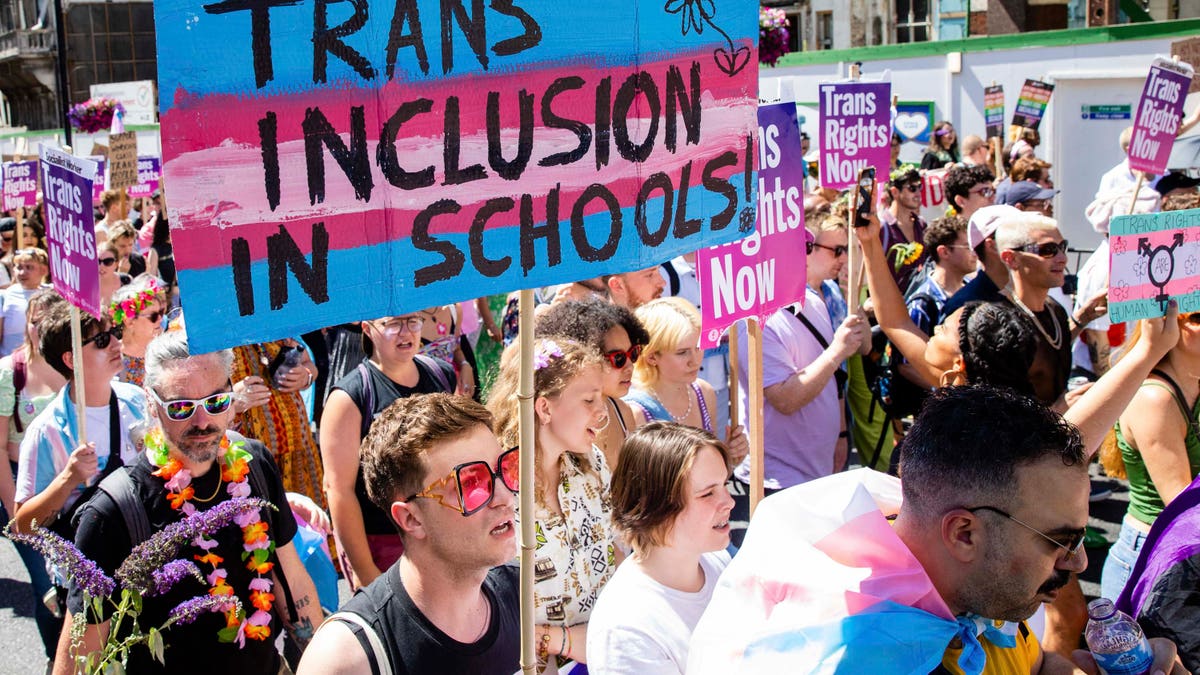
The document addresses scenarios where students might transition at school without parental knowledge due to safety or acceptance concerns at home. In such cases, NYSED advises schools to prioritize the student's health and safety, affirming their gender identity while upholding privacy and confidentiality. The guidance acknowledges the potential repercussions of premature disclosure and recommends a case-by-case approach, considering the student's age and maturity.
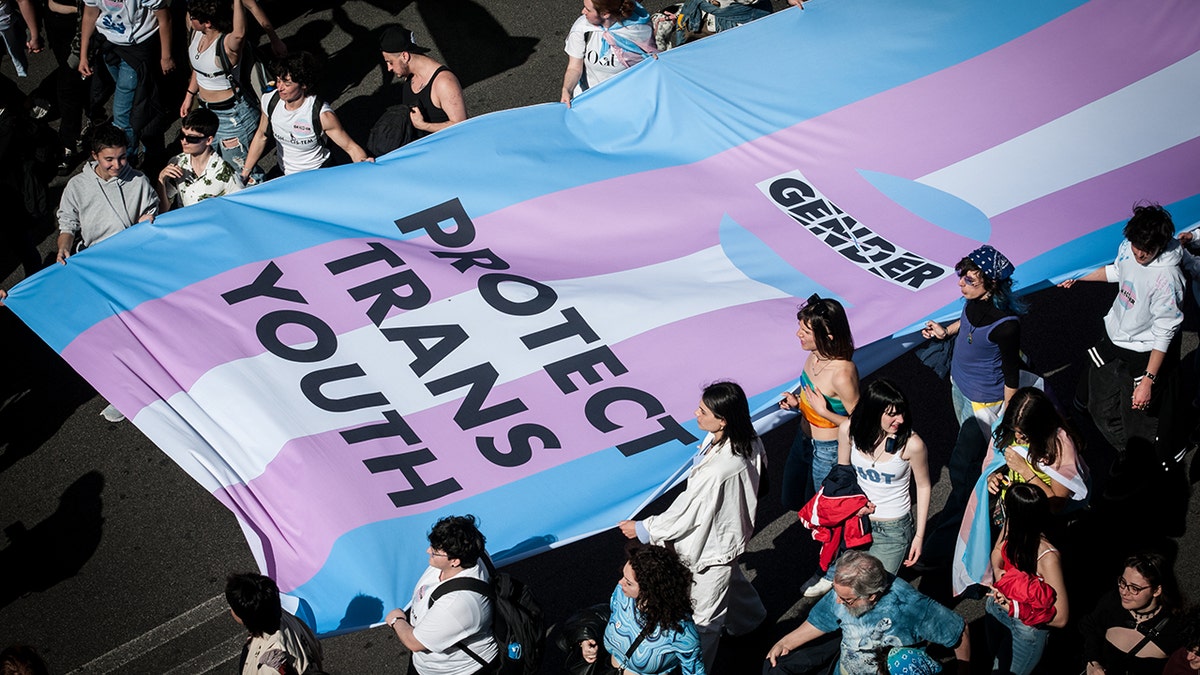
The guidance also addresses gender-segregated activities, generally discouraging them but advising schools to allow student participation aligned with their gender identity if such activities occur. It specifically recommends against gender segregation in physical education, suggesting alternatives like skill-based grouping to avoid potential alienation of LGBTQ students and comply with New York state's anti-discrimination laws. NYSED stresses the importance of respecting students' asserted gender identities and avoiding gender stereotypes.
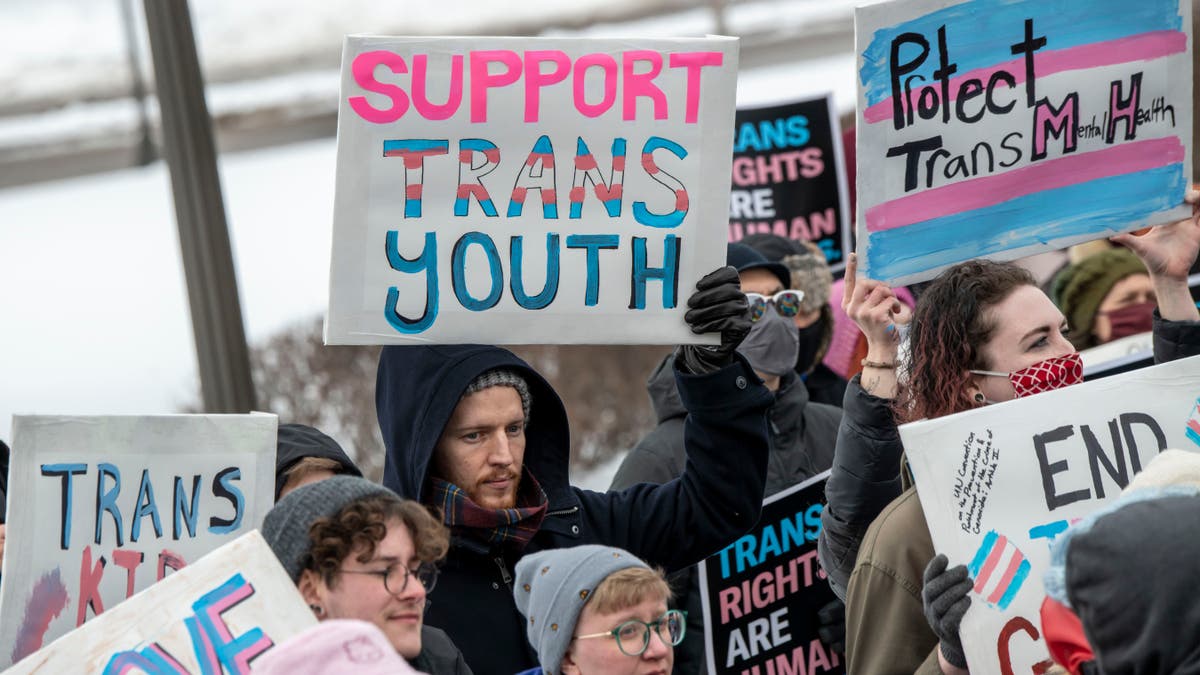
The issue of parental notification regarding transgender students has become a national debate. Recent legal challenges, such as the lawsuit filed by California middle school teachers against the Escondido Union School District and the California State Board of Education, highlight the growing tension between school policies and parental rights. The case of Pamela Richard, a Kansas teacher who received a settlement after alleging pressure to deceive parents about students' gender identities, further underscores the complexity of this issue.
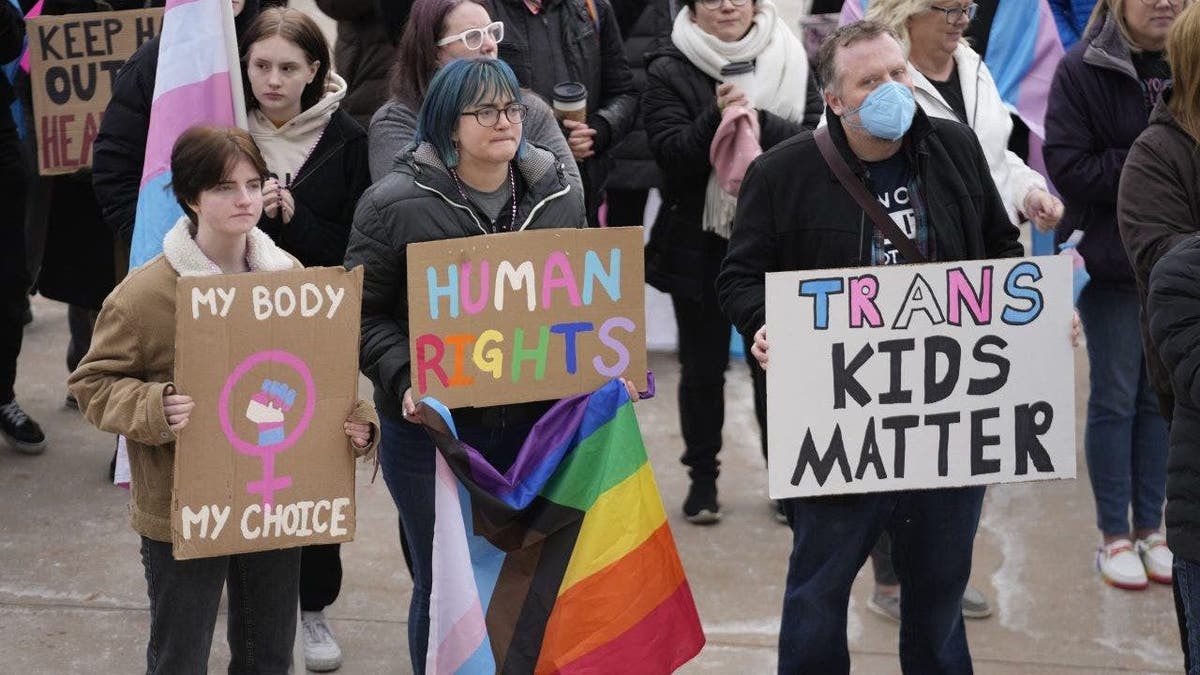
The NYSED guidance has sparked discussion and debate, raising questions about the balance between supporting transgender students and respecting parental involvement in their children's lives.


